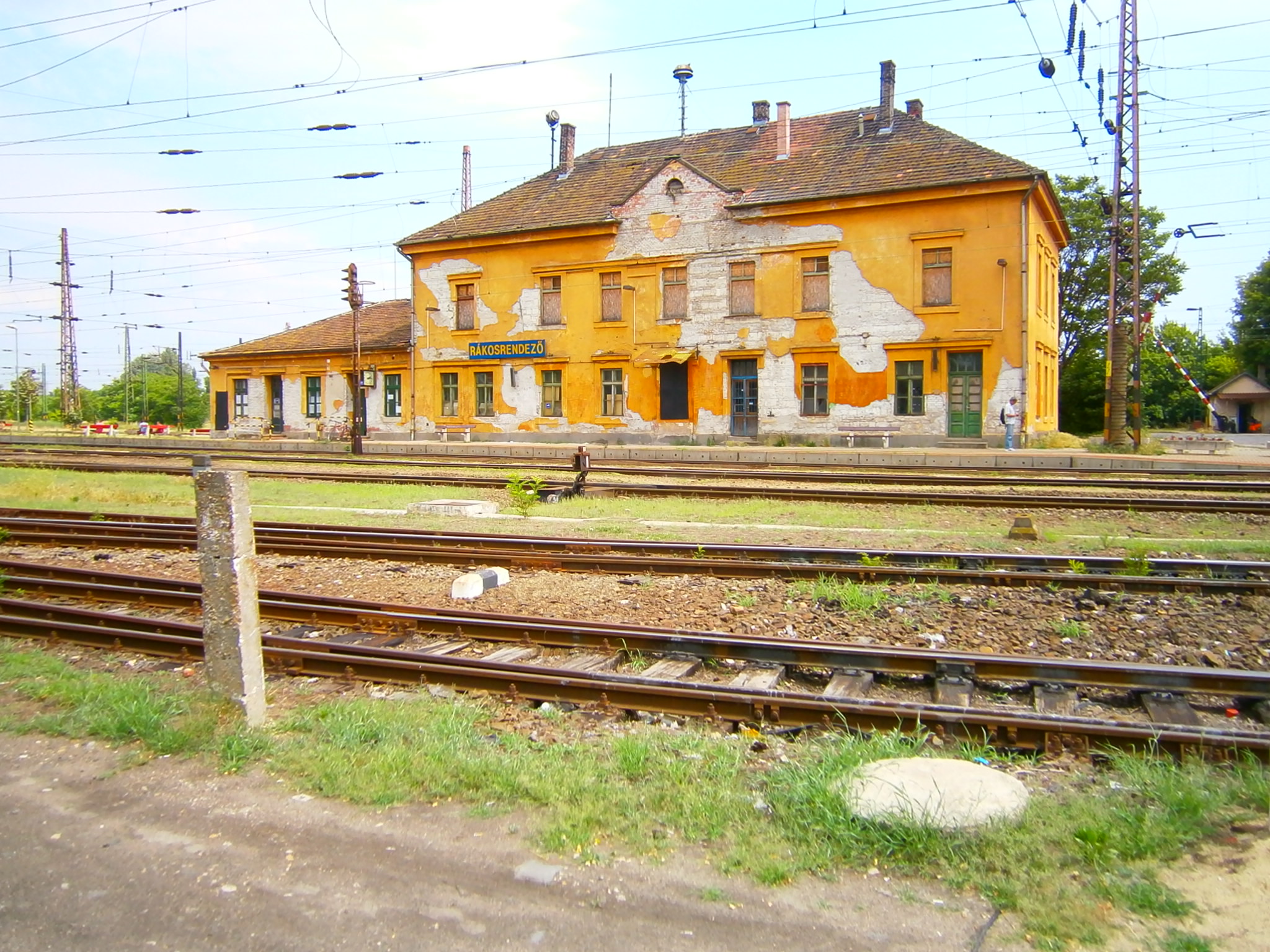VAT Reverse Charge or Not

One of the most important questions in the construction industry is properly determining the VAT treatment of transactions from the domestic reverse charge point of view. Although the legislation has been valid for a while, our experience shows that implementation is not consistent across the market, which results serious penalties.
Judit Jancsa-Pék, Senior advisor, Partner, LeitnerLeitner.
The Hungarian VAT Act eliminates the need for VAT financing for specific services connected to immovable properties; meaning that the supplier need not charge VAT but the recipient self-charges and ideally deducts VAT at the same time in its VAT return under the so-called domestic reverse charge procedure. This possibility is available in connection with construction and other similar works, which are treated as services supplied for the purpose of building, expansion, remodeling and any other form of alteration of a property, including where a property is terminated by demolition, provided that this is subject to processing by the competent building authority of which the customer shall supply a statement in advance and in writing to the supplier of the service.
Incorrect qualification, however, may result in significant penalty sanctions for either the supplier or the recipient. This might be come from a tax shortage deriving from the uncharged VAT for the supplier if the reverse charge method is used incorrectly. Similarly, unlawfully deducted VAT could pose a problem for the recipient if the reverse charge method is not applied in a case where it should have taken place. Both cases generate a tax penalty of up to 50%, plus late payment interest, and a default penalty up to HUF 500,000 (approximately EUR 1,560).
The qualification of a transaction is based on several criteria that must be fulfilled simultaneously. There is a long list of cases in which the domestic reverse charge is not applicable. This includes design, scaffolding, removal of building materials, demolition debris, rental of crane or other machinery, gardening, technical inspection, installing a lift, and the sale of building materials. In real life, however, it is often difficult to clearly qualify the services, as the contracts include elements of both goods supply and service supply, falling or not under the reverse charge. For such cases, the substance of the contract shall be determined to see what the main goal and contractual intent of the parties was, and particularly of the recipient. If it is a “mixed” transaction, and one of the transactions supports the completion of the other work as an ancillary activity (performed by the same entrepreneur), it shall be treated in the same way as the taxation of the main activity. The same applies to “complex” transactions, when the separate activities combined result in a new transaction regarding its substance.
Built-in materials and components and the relative volume of elements connecting to supply of goods vs. the services itself, the timing of work prior to or after the release of the occupancy permit, and different procedures at the construction authority are among areas that may also typically lead to qualification problems.
Although it is required by law that the principal makes a prior declaration about the eligibility of the project for the reverse charge method, in practice it is often difficult to obtain such a declaration. This is probably because of the risk associated with mis-characterization and due to the surrounding uncertainties.
In the light of the above, agreements with contractors and subcontractors must be assessed carefully, with an emphasis on the substance and nature of the work. The involvement of a tax specialist in the process may also help avoid penalties. In LeitnerLeitner you will find an excellent partner: with the help of our EU-wide VAT network, we open a window to Europe as a whole through one single contact person. LeitnerLeitner is a member of the VAT Expert Group set up by the European Commission, which is a further guarantee of our expertise.
SUPPORT THE BUDAPEST BUSINESS JOURNAL
Producing journalism that is worthy of the name is a costly business. For 27 years, the publishers, editors and reporters of the Budapest Business Journal have striven to bring you business news that works, information that you can trust, that is factual, accurate and presented without fear or favor.
Newspaper organizations across the globe have struggled to find a business model that allows them to continue to excel, without compromising their ability to perform. Most recently, some have experimented with the idea of involving their most important stakeholders, their readers.
We would like to offer that same opportunity to our readers. We would like to invite you to help us deliver the quality business journalism you require. Hit our Support the BBJ button and you can choose the how much and how often you send us your contributions.








